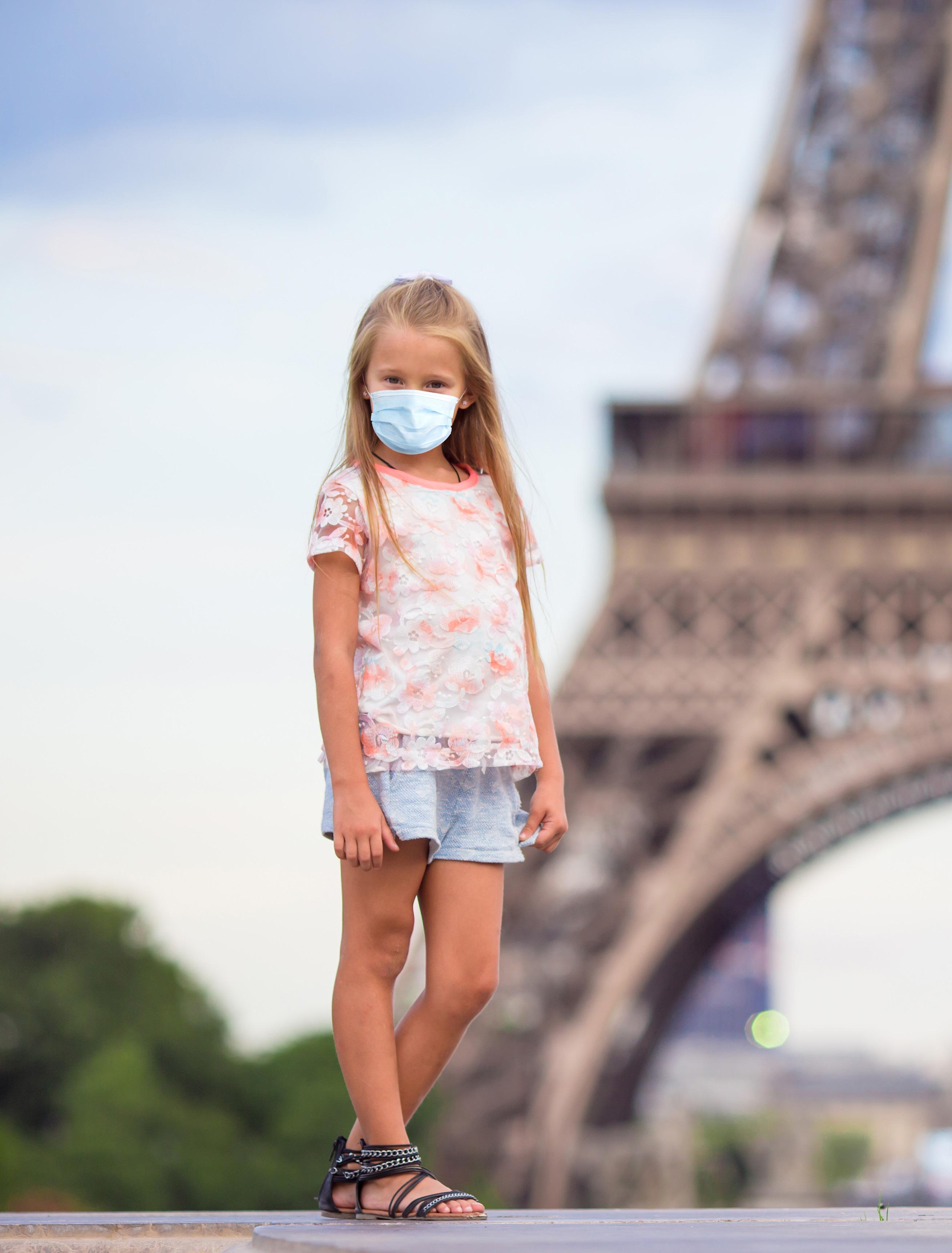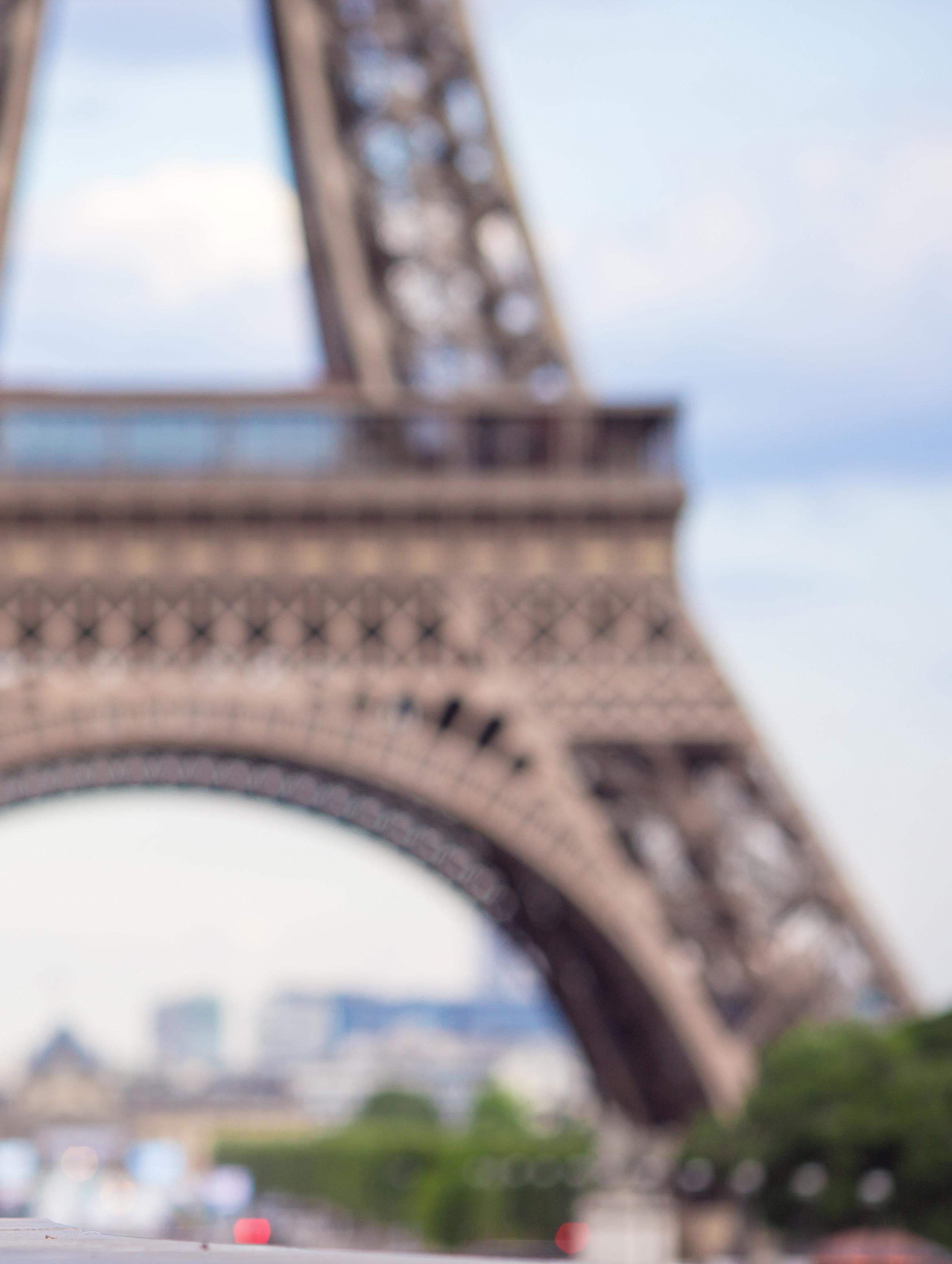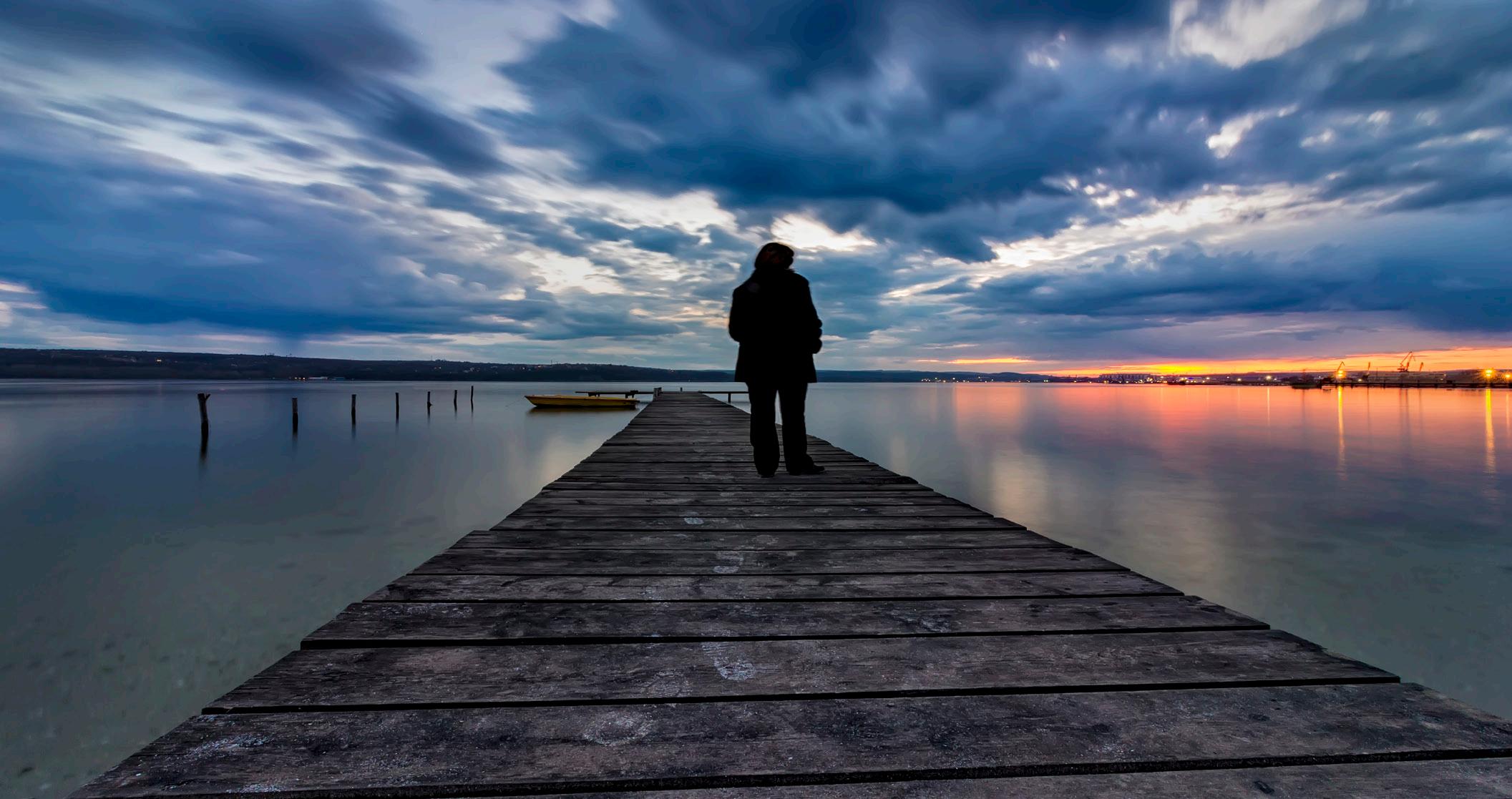
5 minute read
TOURISM & COVID 19 - A WAY FORWARD
The outbreak of Coronavirus COVID-19 presents the tourism sector with a major and evolving challenge.
The Coronavirus disease 2019 (COVID-19) is a new virus that causes respiratory illness in humans and can spread from person-to-person. COVID-19 is a new strain of coronavirus that has not been previously identified in humans. Around the world, countries continue to count the cost of COVID-19: in lives lost, in economic disruption and in the threat to sustainable development where it’s most needed. The Spring Meetings of the World Bank and International Monetary Fund set the backdrop for global leaders to advance immediate response and the economic policies to chart a path
Advertisement
Economic Impact of Travel & Tourism 2019 •In 2019, direct, indirect and induced impact of Travel & Tourism sector is accounted for US$8.9 trillion contribution to the world GDP marked as 10.3% of global GDP. •Growth of 3.5% globally, Outpacing The Global economy by 2.5% •330 million jobs, 1 in 10 jobs around the world •US$1.7 trillion visitor exports (6.8% of total exports, 28.3% of global services exports) •US$948 billion capital investment (4.3% of total investment) • One in Four New jobs created by the Tourism sector

towards a sustainable recovery. The meetings follow decisions made by the European Union and national governments across the world.
Tourism must be recognized as a key pillar for building a better future in all world regions. Past recoveries prove that the importance of this sector cannot be overstated.
The World Tourism Organization (UNWTO) calls for solid international leadership and for tourism to be included as a priority in future recovery efforts and also calls upon the sector and travelers to address this challenge with sound judgment and proportionate measures.
Tourism is currently one of the most affected sectors and the World Tourism Organization (UNWTO) has revised its 2020 forecast for international arrivals and receipts, though emphasizes that such any predictions are likely to be further revised.
Against a backdrop of travel restrictions being introduced, UNWTO underscores the importance of international dialogue and cooperation and emphasizes the COVID-19 challenge also represents an opportunity to show how solidarity can go beyond borders.
The tourism sector, like no other economic activity with social impact, is based on interaction amongst people. UNWTO has been guiding the tourism sector’s response on several levels:
By cooperating closely with the World Health Organization (WHO), the lead UN agency for the management of this outbreak;
UNWTO continues to coordinate closely with WHO and other United Nations agencies, and UNWTO’s Secretary-General Zurab Pololikashvili maintains regular contact with governments and tourism sector leaders.
PUTTING PEOPLE FIRST
The tourism sector is committed to putting people and their wellbeing first.
Two highly acclaimed UN agencies, UNWTO & WHO are jointly call for responsibility and heightened coordination to ensure that health measures are implemented in ways that minimize unnecessary interference with international travel and trade. Furthermore, tourism’s response needs to be measured and consistent, proportionate to the public health threat and based on local risk assessment. by standing in solidarity with affected countries; and by emphasizing tourism’s proven resilience and by standing ready to support recovery.
RESPONSBILE TRAVEL
Personal responsibility is the most important step that people can take to protect themselves and others. Travelers should familiarize themselves with the basic prevention practices that apply while travelling and in daily life (WHO advice for public).
These include: regular handwashing, normal cough etiquette, postponing travel plans in cases of illness, and avoiding contact with people suffering from acute respiratory infections.
It is essential to stay informed as the situation evolves, especially while travelling. Travelers should check regularly with WHO and other reliable resources for the latest updates and information issued by

The Domino Effect of COVID-19 1 million Jobs lost per day 75 million jobs at risk health and travel professionals.
Travelers are responsible not only for their own well-being but for the well-being of those around them. They should be aware of the symptoms and take all the recommended steps for personal hygiene
IMPACT ON TOURISM
The tourism sector is currently one of the hardest-hit by the outbreak of COVID-19, with impacts on both travel supply and demand. This represents an added downside risk in the context of a weaker world economy, geopolitical, social and trade tensions, as well as uneven performance among major outbound travel markets.
Considering the evolving nature of the situation, it is too early to estimate the full impact of the COVID-19 on international tourism. For its initial assessment, UNWTO takes the SARS scenario of 2003 as a benchmark, factoring in the size and dynamics of global travel and current disruptions, the geographic spread of COVID-19 and its potential economic impact:
UNWTO underscores that any estimate must be treated with caution due to the volatile and uncertain evolution of the outbreak which might lead to further revisions.
PROMOTING SOLIDARITY
UNWTO is observing the introduction of restrictions on travel. Where these are introduced, they must be based on the latest expert recommendations and have public health concerns as a main concern.
Within this context, UNWTO has stressed the importance of international dialogue and cooperation. This shared challenge also presents the global community, including the tourism sector, to work more closely together and show that solidarity can go beyond national borders.
SUPPORTING RECOVERY
Small and medium sized enterprises (which make up around 80% of the tourism sector) are expected to be particularly impacted. This might affect millions of livelihoods across the world, including vulnerable communities who rely on tourism as a vehicle to spur their development and economic inclusion.
Due to its crosscutting economic nature and deep social

footprint, tourism is uniquely positioned to help societies and communities affected return to growth and stability. Over the years, the sector has consistently proven its resilience and its ability not only to bounce back as a sector but to lead the wider economic and social recovery. This depends on adequate political support and recognition.
Against this backdrop, UNWTO calls for:
financial and political support for recovery measures targeting the tourism sector in the most affected countries; recovery measures and incentives to be planned and implemented in coordination with international development and donor organizations; and tourism support to be included in the wider recovery plans and actions of affected economies.

#STAYSAFE # STAY HEALTHY #TRAVELTOMORROW #TRAVELRESPONSIBLY











